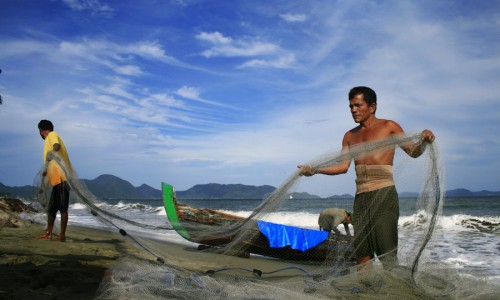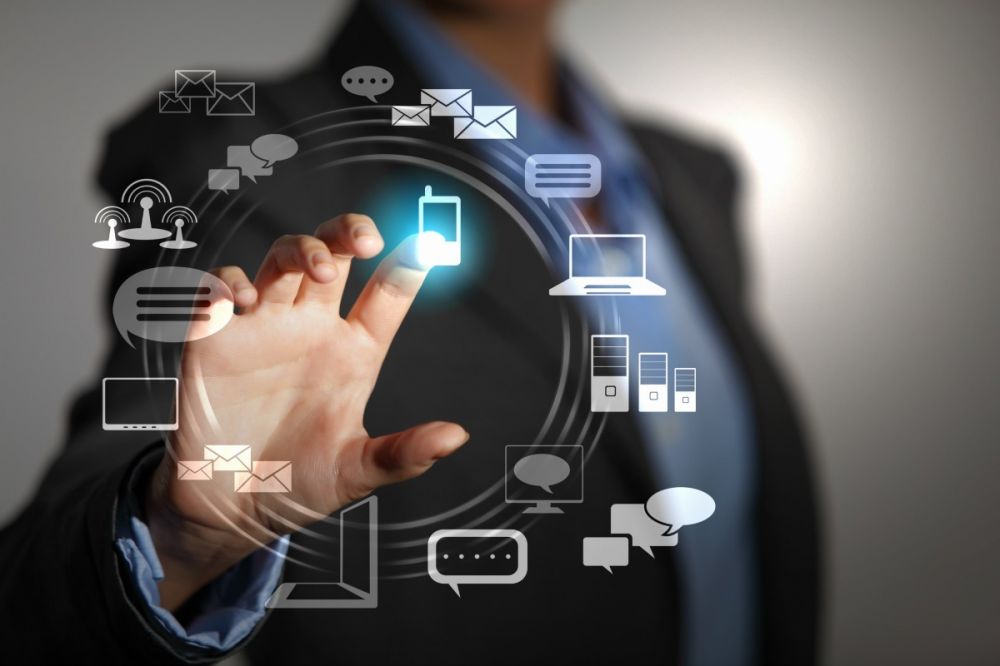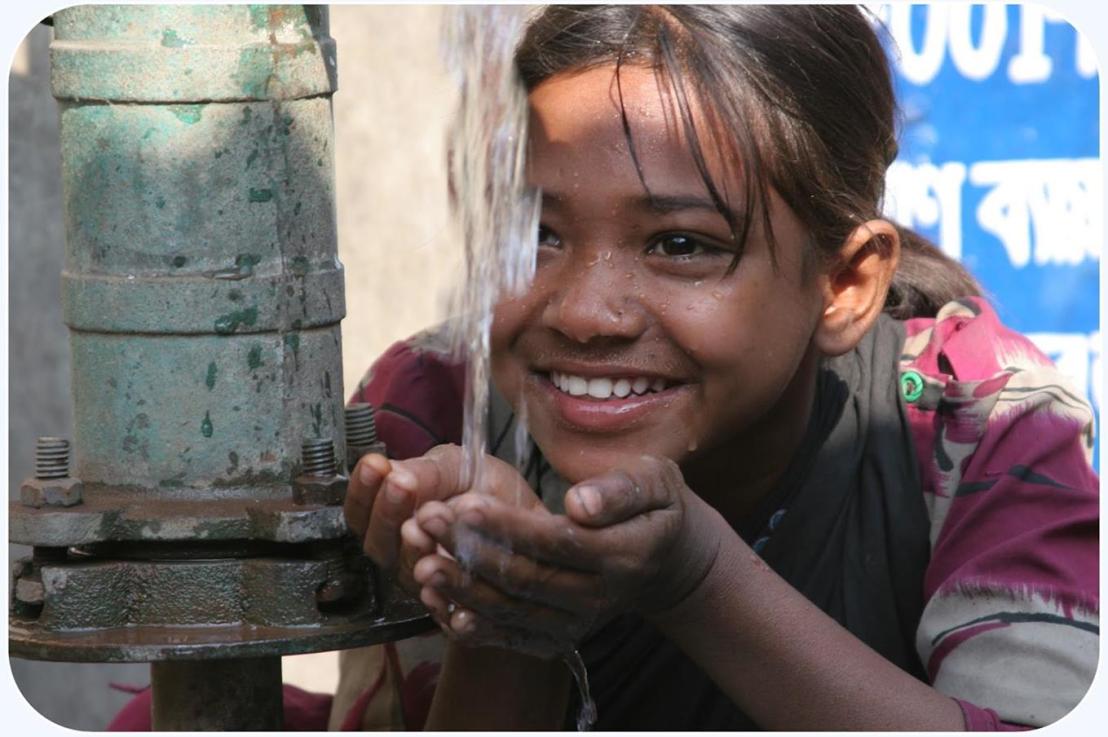The radical change of Indonesian economy under Jokowi’s government is due to his priority for making Indonesia a global maritime power. This transformation from agriculture to maritime base on the biggest archipelago potentials. For instance, The strait of Malacca only carrying about 40 percent of the world’s trade, more than 50,000 merchant ships ply the waterway every year. First step taken by the government is to maximize the maritime security. Secondly, one of the key objective of Jokowi is enhancing inter-island connectivity and upgrading port infrastructure within the Indonesian archipelago, which encompasses thousands of islands and spans almost 6 million square kilometers. Many of these islands remain unconnected which means that those islands obliged to be self-sufficient economies, not contributing to or benefitting from national economic production and distribution processes. Thus, this policy has a great impact to Indonesian economy.
Tag: clean water
The impact of Digital and Technology revolution to Indonesia’s Economy
We stand on the brink of the forth technological revolution with a huge challenge for every country following its pace. Indonesia also is preparing for this early digital revolution although the lack of adapted regulations. The Indonesian government has predicted that in the next two to three years ahead, the digital revolution will reach the macro economic of Indonesia and by 2020 Indonesia will be the leading digital economy in the southeast Asia region with 130 billion dollars. This revolution will impact how companies and businesses will operate in Indonesia. Nevertheless, the technology and digital revolution in could also bring a challenge for the growing working class in Indonesia, because some technology could replace the Indonesia workers whom majority still unskilled.
The Tip of the Iceberg of Indonesian E-commerce
by FC IMD
E-commerce is not only happening but also predicted by some experts to replace entirely the traditional commerce. In the country where more then half of the population is the active internet users (133 million people), e-commerce is not only a potential but a pressing need. While the consumers of e-commerce in Indonesia grow about 20% per year, the growth of the e-commerce activity reminds much lower with 5% per year. Hence, it seems that Indonesia has only exploited the tip of the Iceberg and still unexplored the bigger bummock of it that will make Indonesia the next e-commerce giant. However, it is predicted that in 5 to 10 years the small and medium business in Indonesia will 100% go online. This small and medium bussiness / Usaha Kecil Menegah (UKM) contribute up to 2% per year of Indonesian economic growth, therefore the growth of e-commerce is essential to support Indonesian government objective to be the middle income country by 2025. go to website..
Clean Water Crisis in the Indonesian Archipelago become the Government Focus
by FC IMD
The biggest archipelago in the world is run out of water, quite a paradox for Indonesia. Even-though Indonesia is covered by 3.544.744 km² sea surface, it is not equal to the clean water provider. Thus, in 2015 two Indonesian students created an innovation to transform saltwater to a drinking water. In 2016 the Indonesian government has applied this concept in some big cities in Indonesia started by the capital Jakarta and the city of Riau. In the last decade, Indonesia has suffered a water crisis due to many reason including the growth of the population (from 232 million in 2007 to 258 million in 2017), the uncontrolled use of water resistant, climate change as well as inefficiency in water management such as rainwater harvest (only 25% of the rain water is used whereas Indonesia has half-year rainy season). The recent study shows that 70% of lower class in developing countries possessed mobile phone while the percentage of tap water is far less, Indonesia is one of the perfect example. Therefore Indonesian government is investing greatly in clean water projects.



